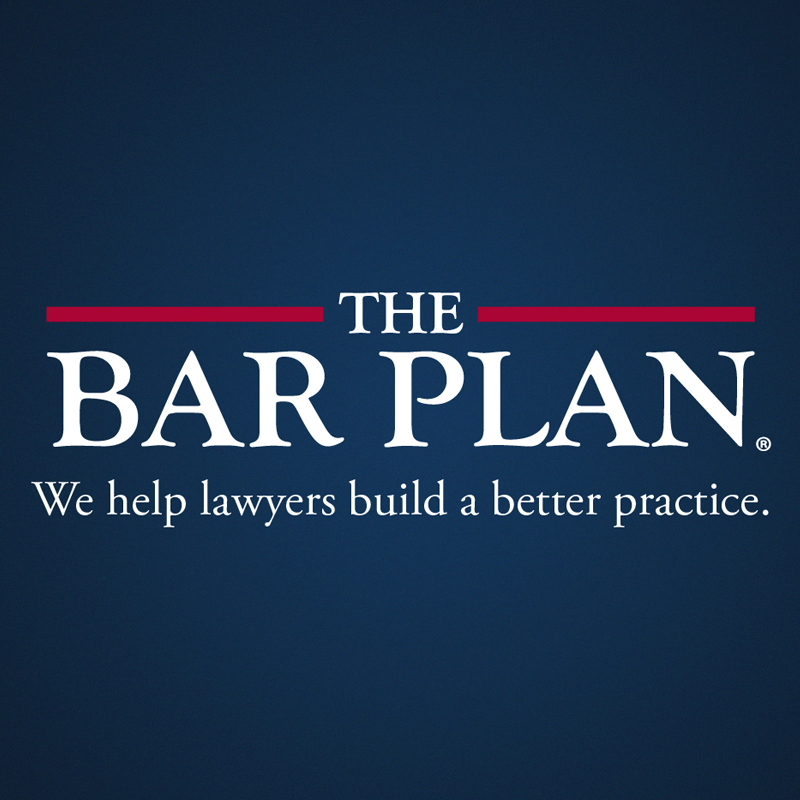You are in a situation in which a court requires that you file a bond. This is a common occurrence for probate attorneys who often must post a bond on behalf of an executor, administrator, or conservator of an estate. But bonds are also required by the court in a wide variety of other matters (e.g. appeals, injunctions, TRO’s, replevin actions, etc.).
What is a Civil Court Bond? Who do I contact to obtain one? What will the underwriter require? Why is collateral required on civil court bonds?
A Civil Court Bond is a bond that guarantees the performance or obligation of one party to a lawsuit. The bond is for the protection of the opposing party to the lawsuit. Examples of a Civil Court Bond are Appeal Bonds, Supersedeas Bonds, Replevin Bonds, Injunction Bonds and TRO Bonds.
An Appeal/Supersedeas Bond is filed with the court by a party against whom a judgment has been rendered, in order to stay execution of the judgment pending appeal to a higher court. The bond guarantees satisfaction of the judgment if it is upheld.
A Replevin Bond is required when there is a lawsuit to recover specified personal property that the Plaintiff claims he has good title to, but the property is in the Defendant’s possession. The bond protects the defendant who may suffer damages from a wrongful replevin.
An Injunction/TRO Bond is typically required when a Plaintiff files a lawsuit to stop the Defendant from doing some act that the Plaintiff believes he has a right to prohibit the Defendant from doing. The bond indemnifies the defendant against loss in cases where it is finally decided that the injunction should not have been granted.
Who do I contact to obtain a Civil Court Bond? There are some very important qualities to look for in an agent/broker. First and foremost, you want someone who is knowledgeable about court-related surety bonds and can help you remove the guess work and get you what you need. Civil Court bonds are a highly specialized niche. You want a company that will not only sell you what you ask for, but who will ask the right questions and really meet your needs the first time.
When time is of the essence (which is most of the time) you will want an agent who can get you your bond quickly: 24-48 hours is not unreasonable in most cases. If you are told it will take significantly longer than that, continue to shop another source because it can be done.
Of course everyone is interested in price. The natural instinct is to think that larger companies will offer the lowest prices because of the volume they do. But that convention does not always hold true with court bonds. As with any insurance related product, the key to low premiums is quality underwriting. Companies and agencies that specialize in Civil Court bonds are often better able to underwrite the risks because they understand the risks better. The result can often be lower premiums.
What are the requirements to obtain a Civil Court Bond? There are three easy steps that are required to obtain a Civil Court Bond.
- Submit a completed Application and executed Indemnity Agreement;
- Provide a copy of the Lower Court Judgment or Petition of the applicable action being filed; and
- Provide collateral (usually in the form of Irrevocable Letter of Credit).
Why is Collateral Required on Civil Court Bond? Civil Court bonds generally represent a greater risk than fiduciary (probate) bonds because the likelihood of payout is much greater. This is particularly true of Appeal/Supersedeas Bonds because the bond principal already has a judgment against him/her.
Due to this increased likelihood of payout, collateral is required on all Civil Court Bonds. The most accepted form of collateral is an Irrevocable Letter of Credit (ILOC). An ILOC is generally obtained through the Principal’s bank. This process should be initiated as soon as possible because the Surety will need to get comfortable with the financial strength of the bank and the wording of the ILOC. The Surety will need:
- Name and address of the bank you will obtain the ILOC from;
- A draft of the ILOC language; and
- Once the ILOC has been approved, the original ILOC.
Once the Surety receives the original ILOC, the bond will be issued.
If you have questions, want to apply for a bond, or need more information, call 1-877-553-6376 or visit us at www.onlinecourtbonds.com.

